In this article:
The skin on the lips is thinner than that on the rest of the body and, therefore, much more sensitive to environmental changes such as dry air, low humidity, and cold temperature during the winter season and due to the use of air conditioning.
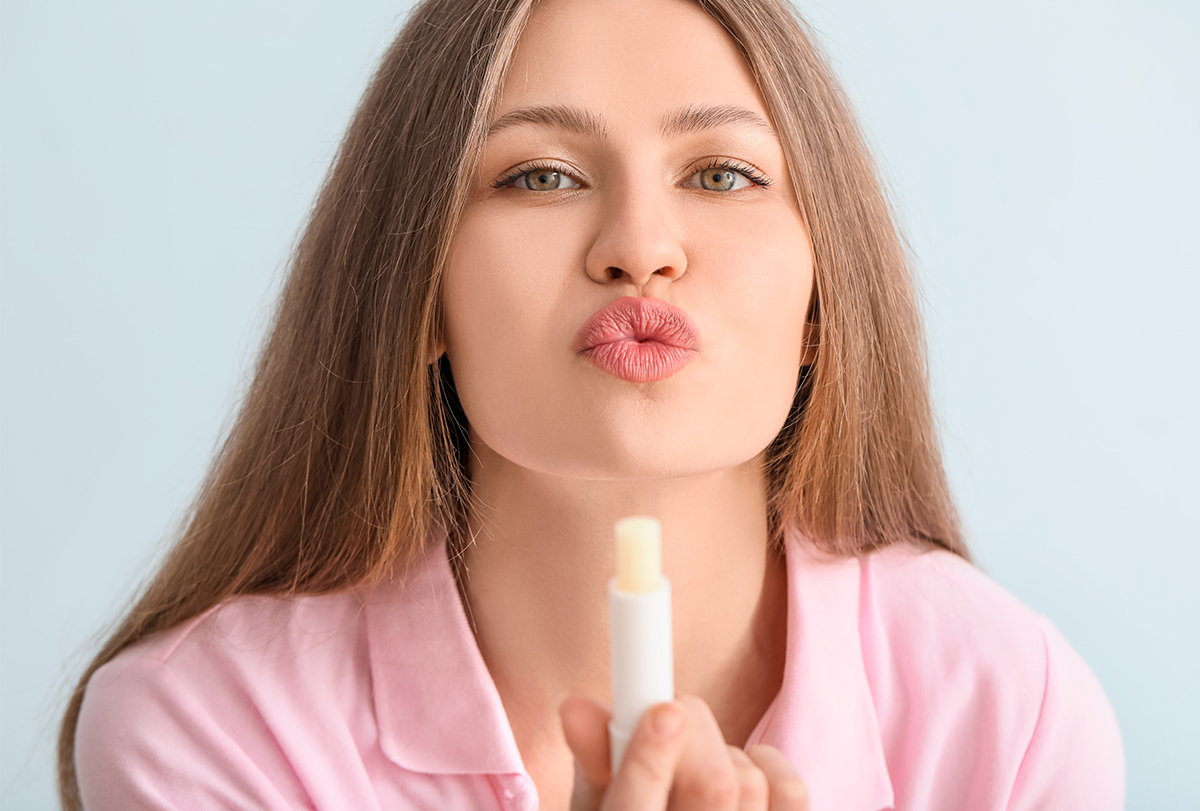
Moreover, there are no oil glands on the lips, resulting in a lack of moisture barrier on them, making them susceptible to frequent dryness.
While dry lips are not a severe problem, they can be quite discomforting and cosmetically displeasing. You can avoid the problem of dry lips by taking better care of your lips, especially in the winter months.
Lip Care
Follow these tips to maintain healthy lips, especially during the cold months:
1. Avoid licking or peeling the lips
It is commonly thought that licking dry lips helps remoisten them, but saliva can actually make the lips dry faster. So, avoid this habit to prevent exacerbating the problem. Also, refrain from peeling the dry skin on your lips as it can cause bleeding. (1)
2. Apply lip balms with SPF
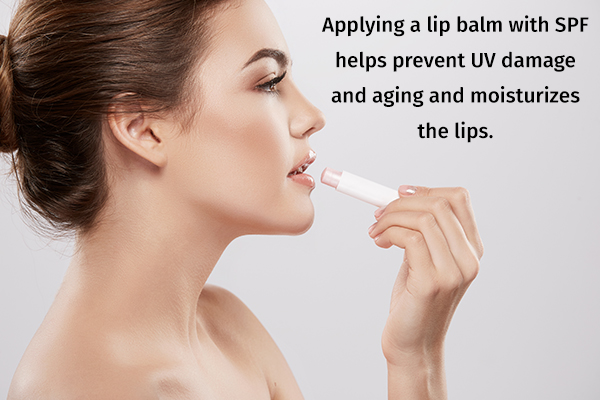
It is essential to protect your lips from the harsh sun, more so than the facial skin, as the skin on the lips is thinner and has low melanin. Therefore, applying a lip balm with SPF helps prevent UV damage and aging and moisturizes the lips at the same time.
3. Apply lip balms containing vitamin E when needed
Moisturizing your lips periodically is a key step in preventing dryness and damage. It also helps smoothen the lips. (2)
You can also apply a thin layer of sweet almond or coconut oil on the lips for moisturization. You can choose lip products containing glycerin, shea butter, vitamin E, coconut oil, aloe vera, beeswax, jojoba oil, or vitamins A and D to help treat your chapped lips.
4. Exfoliate weekly
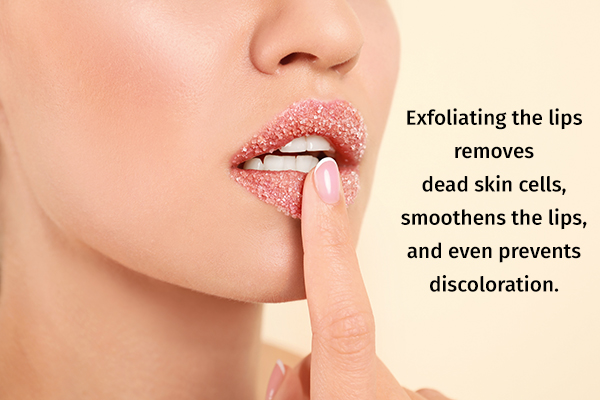
Exfoliating the lips removes dead skin cells, smoothens the lips, and even prevents discoloration. You can use a wet, soft toothbrush to remove the dry flakes from your lips in the morning.
You can also make a lip scrub at home by mixing 1 tsp of honey, 1 tsp of olive oil, and 2 tsp of sugar. Lightly massage this scrub on your lips to exfoliate and moisturize your lips.
5. Treat your lips before sleeping
Several bedtime lip care tips can help keep your lips healthy and hydrated. These include:
- Wash your lips with lukewarm water and pat them dry. Then, apply a face oil or lip balm.
- You can also apply almond oil, coconut oil, or olive oil to the lips before sleeping for softness and hydration.
- Alternatively, apply a mixture of rose water and glycerine to your lips.
- You can also opt for sleeping lip masks that are effective in healing and hydrating the lips and preventing cracks and peeling.
6. Use DIY masks regularly
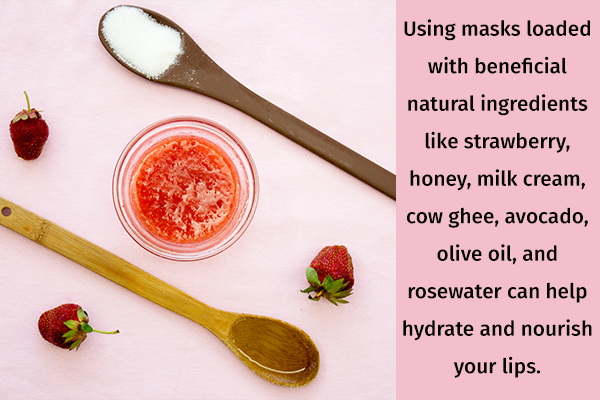
Using masks loaded with beneficial natural ingredients can help hydrate and nourish your lips. This is especially useful in the winter.
The following DIY lip masks are a must-try:
- Strawberry sugar scrub: Mix ½ tsp of extra virgin oil, 1 tbsp of sugar, and 2–3 drops of strawberry extract. Massage the mixture on dry lips for a few minutes for exfoliation. Then, wash your lips, pat them dry, and apply a lip balm.
- Honey: Applying a thin coat of honey can moisturize your lips efficiently. Use a cotton swab to apply honey to your lips and clean it off after 20–30 minutes. (3)
- Fresh heavy milk cream: Massage high-fat milk cream on your lips to nourish, moisturize, and lighten them. After 10–15 minutes, wash it off with warm water.
- Cow ghee: The high fatty acid content of ghee helps nourish and condition dry, chapped lips. You can apply this to your lips before bedtime to achieve soft lips in the morning.
- Mashed avocado and olive oil: Mix 1 tsp of mashed avocado with some olive oil and apply the mixture to your lips. Rinse your lips after 15 minutes of application.
- Rose water and honey: Mix 1 tsp of rose water with 1 tsp honey, and apply the mixture to your lips. Wash it off after 15 minutes.
7. Try hydrating lip fillers
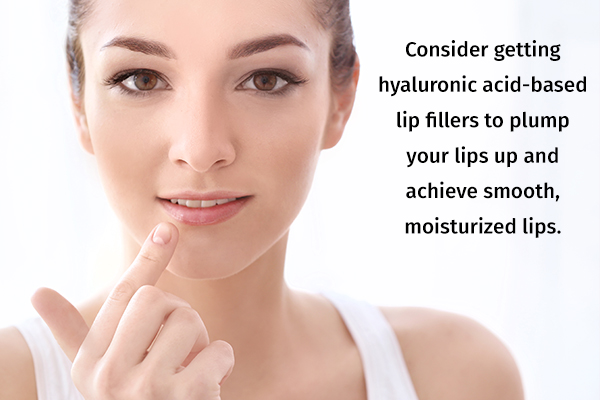
Consider getting hyaluronic acid-based lip fillers to plump your lips up and achieve smooth, moisturized lips. Hyaluronic acid is a natural molecule that helps maintain skin hydration and is therefore generally safe to use.
8. Use a lip primer below matte lipsticks
Matte finish lipsticks can dry out the lips quickly. Therefore, it is suggested to use a lip primer that smoothens the lip surface and keeps it moisturized before applying matte lipstick.
9. Protect your lips from winter winds
Lip dehydration is common in chilly winters and is often aggravated by the use of indoor heaters. It is vital to protect your lips through regular lip balm application.
10. Quit smoking
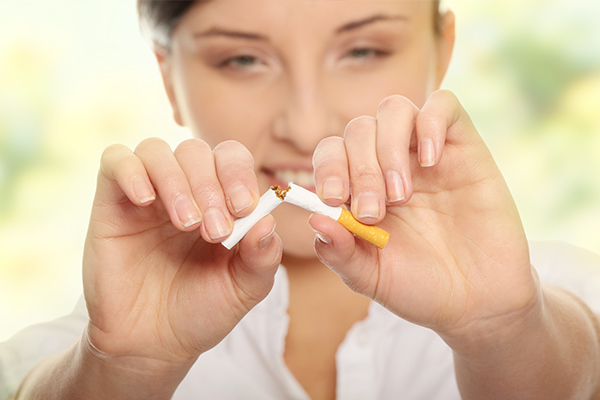
The use of tobacco, cigarettes, and other nicotine products can harm your oral health and also causes wrinkle formation around the lips.
11. Turn on the humidifier
Dry air contributes to cracking of the lips; using a humidifier indoors, especially at night, helps prevent dryness. You can set the humidity to 60% to keep the top layer of the epidermis moisturized throughout the night.
Preventive Measures
The following preventive tips can help avoid peeling, cracks, dryness, and other problems to the lips:
1. Drink plenty of water
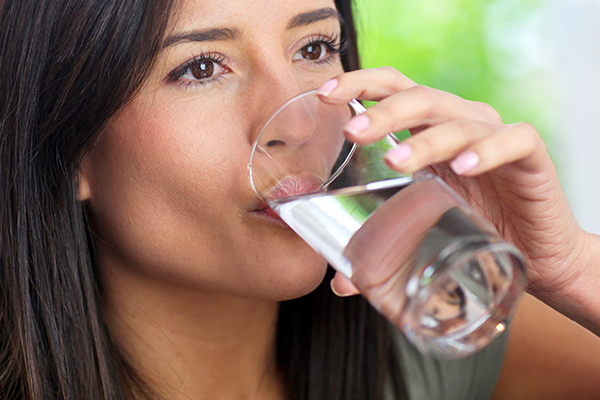
Consuming at least 8 glasses of water a day is vital to maintain hydration levels in the body. This also helps prevent chapped lips and dryness.
2. Take adequate vitamins B12 and B2 to prevent angular cheilitis
It is recommended to consume eggs, dairy products, meat products, seafood, fortified cereals, and seaweed rich in vitamin B12. Also include mackerel, eel, meat, mushrooms, almonds, and green vegetables in your diet for their vitamin B2 content.
3. Apply sunscreen to avoid actinic cheilitis
Regular use of sunscreen with SPF, even in the winter months, is essential to protect your lips from sun damage. Use a sunscreen with SPF 15 or higher, and reapply it frequently as it can get rubbed off while drinking, eating, or licking.
4. Take vitamin E supplements
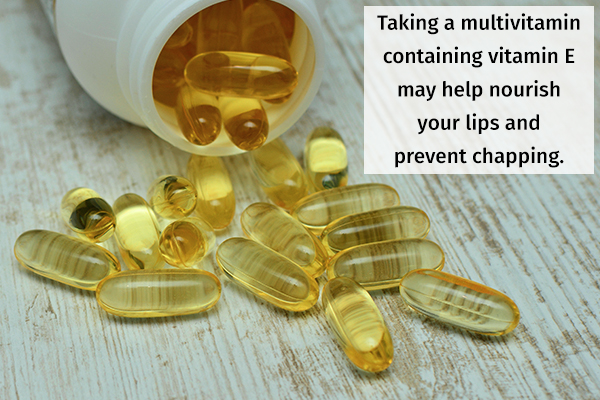
Chapped lips commonly occur due to vitamin deficiencies. Taking a multivitamin containing vitamin E may help nourish your lips and prevent chapping.
5. Avoid chemical-laden cosmetics
It is best to choose lipsticks with natural ingredients as putting on chemically loaded products for long periods can harm your lips.
When to See a Doctor
While lip dryness or peeling is generally not a medical concern and improves with proper care, it can cause complications if left untreated. It is best to consult your doctor in the following cases:
- Swollen, red, sore, or hot lips
- Allergic reaction or yeast infection on or around the lips
- If you have dermatitis, for which the dermatologist may suggest mild topical or oral steroids. Steroids are useful for other inflammatory conditions as well. (4)
Final Word
The skin on the lips is quite sensitive and can easily get damaged if not taken care of properly. Fortunately, several self-care measures can help maintain the hydration and nourishment of your lips, making them soft and plump.
If the lip dryness or peeling doesn’t improve despite treatment, consult your dermatologist to check for any underlying skin disease.
- Was this article helpful?
- YES, THANKS!NOT REALLY


